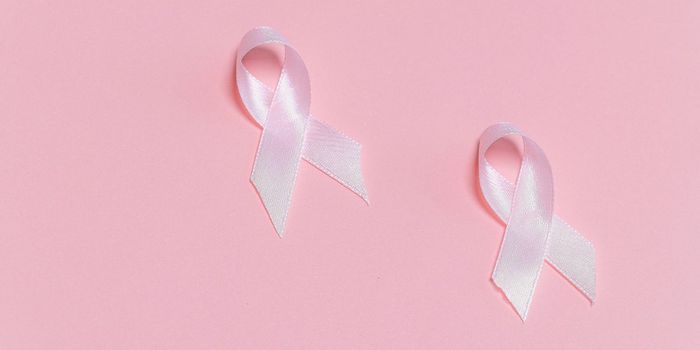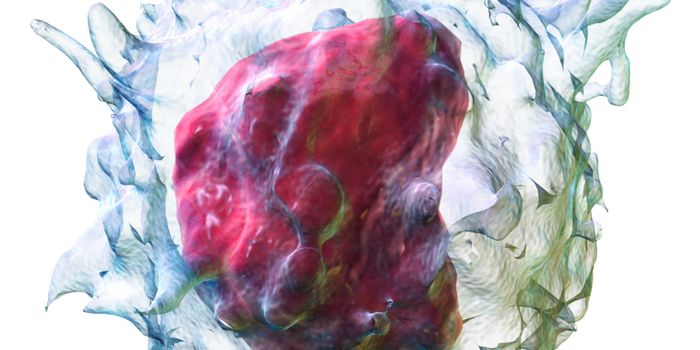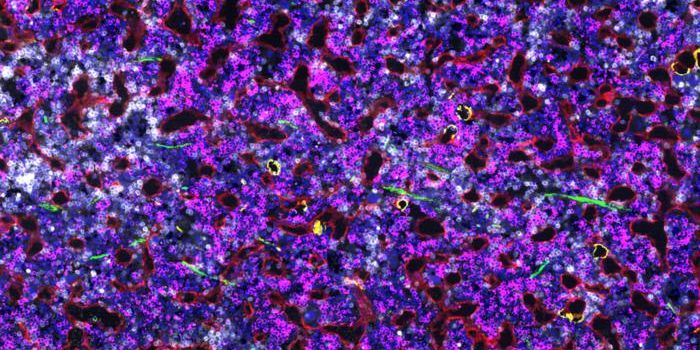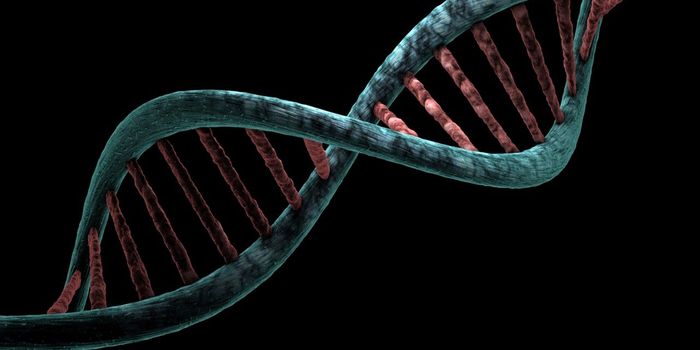Children with liver cancer may not need as much chemo
Results from a phase 3 clinical trial show that children with liver cancer may not need as much chemotherapy as has been traditionally administered. The most common type of childhood liver cancer, hepatoblastoma, typically involves surgery on patients to remove the malignant tumors and is treated afterward with chemotherapy. While a high percentage of children who receive this dual-treatment survive (90%), some survivors experience adverse lasting affects from the chemo drug cisplatin.
Now research led by National Cancer Institute-supported Children’s Oncology Group has found that children administered a lower dose of the drug during chemotherapy have survived as long as those children given the full dose, with the added benefit of fewer adverse side effects.
“We found that four cycles of chemotherapy—the standard amount—were not needed and that two cycles seemed to be enough,” said Howard Katzenstein, M.D., of Nemours Children’s Specialty Care and Wolfson Children’s Hospital in Jacksonville, FL, one of the investigators.
This change is treatment comes from a paradigm shift as scientists are beginning to value patient quality of life more during chemotherapy. “In a group of patients with a 90% cure rate, we need to ensure that these children have the best possible quality of life,” said Dr. Katzenstein. That means optimizing the amount of chemotherapy administered so that children have shorter hospital stays and fewer side effects such as hearing loss, nausea, vomiting, risk of infection, and kidney damage.
According to NCI, the 49 patients who participated in the trial received two cycles of a combination of three chemotherapy drugs (cisplatin, fluorouracil, and vincristine) instead of the typical four cycles. They found that after 42 months, over 90% of patients did not have a recurrence of the disease; these results are comparable with the standard four cycles of chemotherapy that are usually administered. After 4 years, 95% of the patients were alive and the 5-year overall survival rate was 91%.
Nita Seibel, M.D., head of Pediatric Solid Tumor Therapeutics in NCI’s Cancer Therapy Evaluation Program, was not involved in the study but commented that, “The results of this trial will inform decisions about how the disease is treated in the future.”
Sources: NCI, The Lancet









